
The aim of this project is to develop a methodology for quantifying direct and indirect GHG emissions that is homogeneous for all healthcare and social services institutions, adapted to their context, scientifically robust and easily operational.

The aim of this project is to develop a methodology for quantifying direct and indirect GHG emissions that is homogeneous for all healthcare and social services institutions, adapted to their context, scientifically robust and easily operational.

Regioinvent is a Python module that connects ecoinvent to an international trade database (BACI) to ultimately achieve a complete regionalization of the ecoinvent database.

IMPACT World+ is a globally regionalized method for life cycle impact assessment (LCIA).
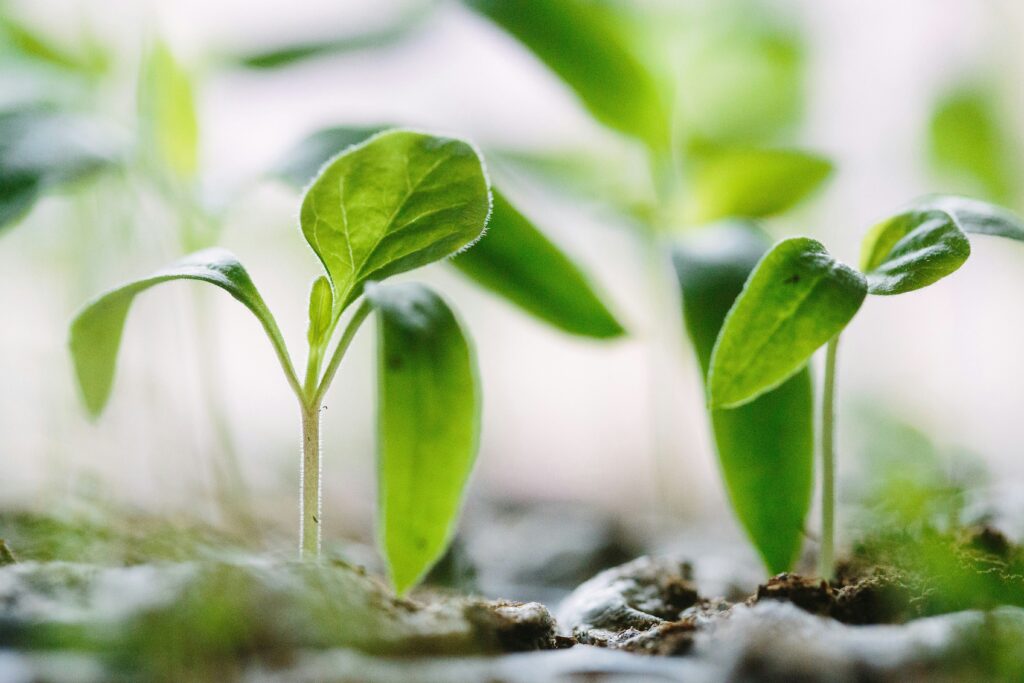
In Life Cycle Assessment (LCA), the accounting of biogenic carbon is little harmonized. Different, even contradictory, approaches are identified in current standards for different sectors of the economy (biofuel, bio-based plastics, construction, etc.). The general objectives of this study are to identify the issues at stake in these approaches, in order to issue recommendations for several actors.

Open source Input-Output LCA model and tool to estimate life cycle impacts of products and services

Biomass energy, or bioenergy, is energy produced from renewable biomass, for which the assessment of environmental impacts through life cycle assessment (LCA) presents a number of challenges, in particular methodological ones. The general objectives of this study are to analyze current practices for carrying out LCAs of biomass energy, and to provide recommendations on current and future best practices.

Food choices have a significant climate impact, which can be unknown to the public. The CIRAIG, commissioned by Polytechnique Montréal, has been tasked with calculating the climate-warming impact of the menus offered by the cafeteria, aiming to enable students to understand the impact of their meals and change their eating habits to reduce it.

These inventory datasets are essential for calculating the carbon footprint of an individual’s consumption in Quebec.

Designed for business by business to unleash the transformative power of the circular economy, Circular Transition Indicators v4.0 offers a universal and quantitative framework for evaluating how circular a company is.

This report presents the inventory of greenhouse gas (GHG) emissions related to the consumption of the Montreal community for the year 2017. The inventory covers all activities and operations taking place within the Montreal community, including household purchases and activities, spending by the Ville de Montréal itself, capital investments (e.g. the purchase of buildings or machinery) taking place within the community, as well as federal and provincial government spending benefiting the community.

In the context of the COVID-19 pandemic and the massive use of medical masks, two life cycle analyses were conducted to evaluate the environmental impacts of end-of-life management of single-use masks used in Quebec, but also of different types of reusable and single-use masks.
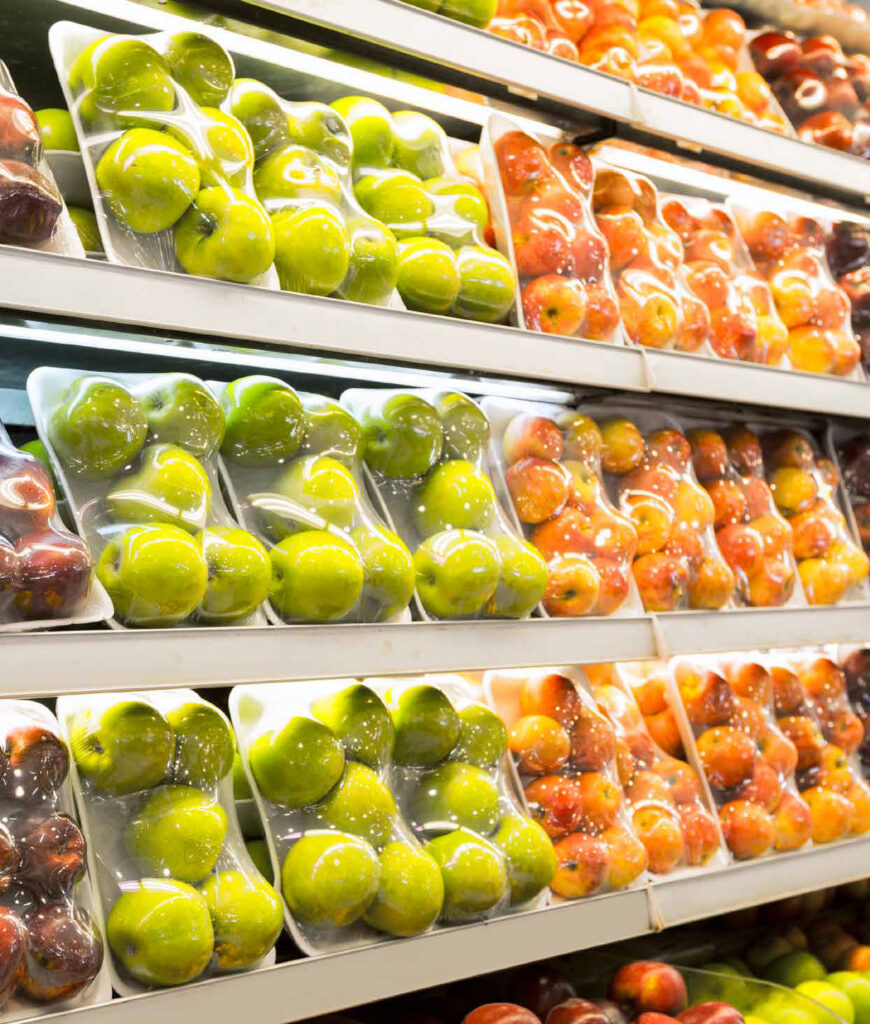
CIRAIG contributed to the United Nations Environment Programme (UNEP) report “Single-use supermarket food packaging and its alternatives: Recommendations from life cycle Assessments”. This report compares the environmental impacts of single use plastic packaging versus alternative options for supermarket food, intended for home consumption, and provides recommendations to policy makers.
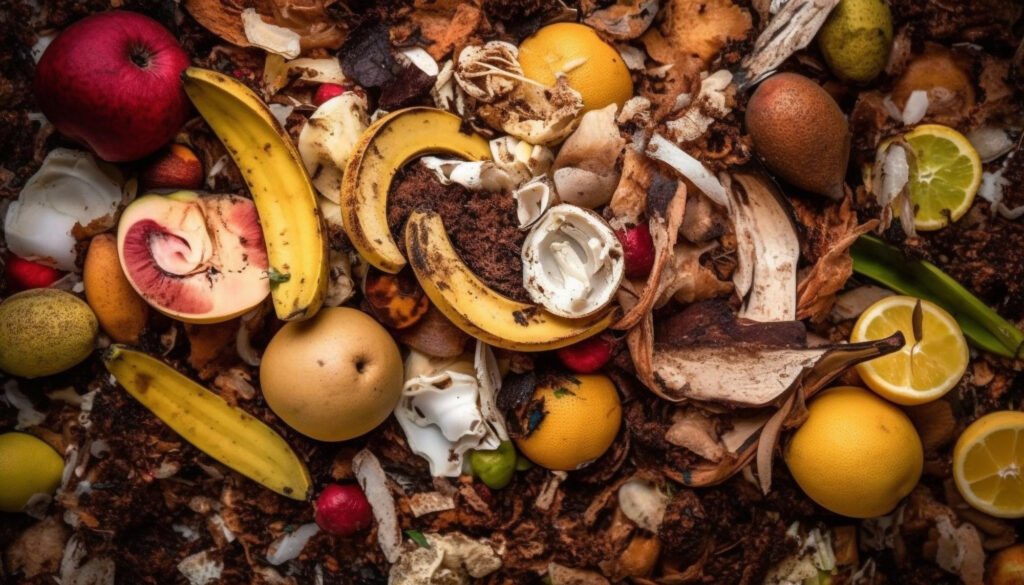
The CIRAIG conducted a study mandated by the City of Montreal to assess the environmental benefits and the economic savings of reducing food waste initiatives using a life cycle approach, in order to identify the most effective actions.

The objective of the pilot project, using the infrastructure of New World Graphite (NMG), is to demonstrate the feasibility and applicability of a traceability system for the extraction and processing of graphite.

Nine Pilot projects were launched to test the application of the UNEP 2020 Guidelines of Social Life Cycle Assessment of Products and Organizations and their submitted reports are presented in the subsequent chapters of this document. The latter applies Social LCA to products, services, and organizations and showcases the benefits and challenges its implementation entails, as well as recommendations to overcome them. The road testing is very diverse: the UNEP Guidelines were applied to different sectors (automotive, metal, food, Cosmetic, plastics packaging), in different companies ranging from multinationals to sector associations, and across 5 continents (Germany, Italy, Indonesia, India, US, Ghana, Ecuador).

This Charter is governed by 13 principles that are expressed in the form of 3 commitments, namely: To guarantee human rights in the digital age; To ensure the primacy of the general interest and the common good; Putting data to work for the future.

The CIRAIG participated in the scientific committee for the Circularity Gap Report for Quebec project.

The HEC Montréal Chair in Energy Sector Management, the CIRAIG, Polytechnique Montréal and the CTTÉI, in collaboration with the CERIEC, have conducted a collaborative research project to evaluate the potential of the circular economy on industrial GHG emission reductions in Québec.

The Circular Economy Action Agenda is a rallying call for businesses, governments, researchers, consumers and civil society to work together to accelerate the transition to a circular economy.

Since its first edition in 2009, the practice of social life cycle assessment (S-LCA) has evolved from a small circle of academic practitioners to one that now includes stakeholders from industry, policy makers, and business. This means having updated information and guidelines that do not need prior à understanding of lifecycle approaches. It also means ensuring that the right tools are in the hands of those who can inform the decision-making processes. These updated Guidelines fulfils both these objectives.

Sara Russo Garrido participated in the full formal academic review of the Product Social Impact Assessment Handbook with the Product Social Impact Assessment Partnership led by Pré Sustainability.

Comparison of the environmental profiles of process heat generation on the Côte-Nord using four scenarios of liquefied natural gas and the reference scenario based on the current use of light and heavy fuel oil.

A database containing information about 17 OECD jurisdictions using and promoting life cycle approaches in their public policies.

This special publication of Le Devoir and Unpointcinq exclusively unveils the results of research work conducted by the CIRAIG.
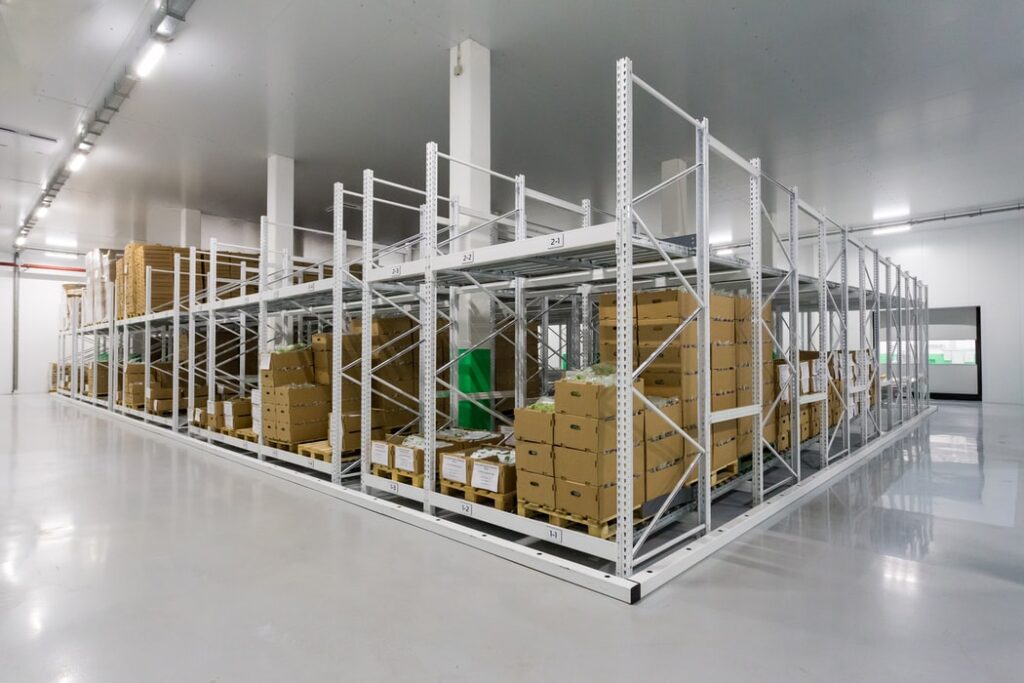
This study evaluates the partial life cycle GHG associated with the procurement under the authority of 5 PSPC regions in order to identify the procurements that cause the most impacts and on which it would be a priority to act
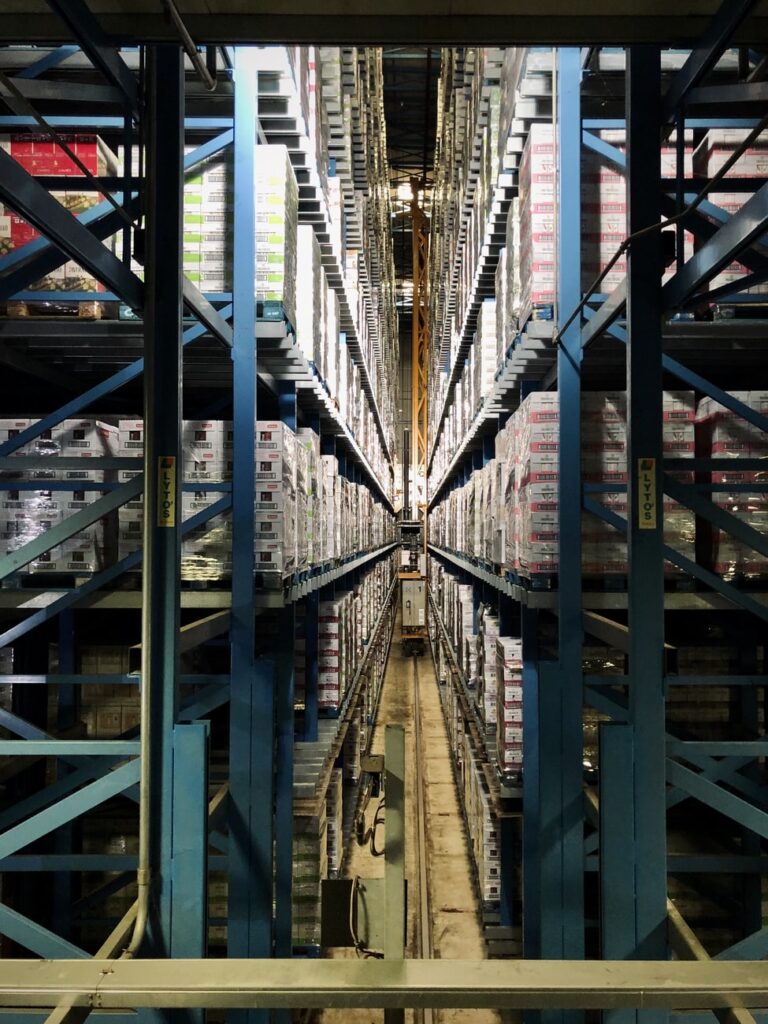
This study evaluates the partial life cycle GHG, cumulative water use and energy use associated with the procurement under the authority of SSC across Canada

Study of the environmental impacts of Énergir’s supply chain.

Consultation with the main economic actors of the Quebec Hydrogen ecosystem, highlighting the potential business opportunities and deployment strategies for Hydrogen in different economic sectors.

Sustainable maritime and coastal management following an integrated approach combining the assessment of ecosystem services on a territorial scale under a life cycle perspective

An object class to hybridize lifecycle assessment (LCA) and environmentally extended input-output (EEIO) databases

Article published in “Sustainability”: Carbon Footprint of Beef Cattle by Raymond L. Desjardins, Devon E. Worth, Xavier P. C. Vergé, Dominique Maxime, Jim Dyer and Darrel Cerkowniak.

A new publication under the direction of Jérôme Dupras and Jean-Pierre Revéret from the CIRAIG at the Université du Québec Press.

This book, written under the auspices of the Institute for the Environment, Sustainable Development and Circular Economy (IEDDEC), presents the reflections of some fifty experts, notably in environment, industrial or chemical engineering, management, but also in economics, geography, anthropology and philosophy.

Built by business, for business, the CTI provides companies with a common language to use for internal decision-making and communicating to key stakeholders. The CTI, and its free online tool, are now available.
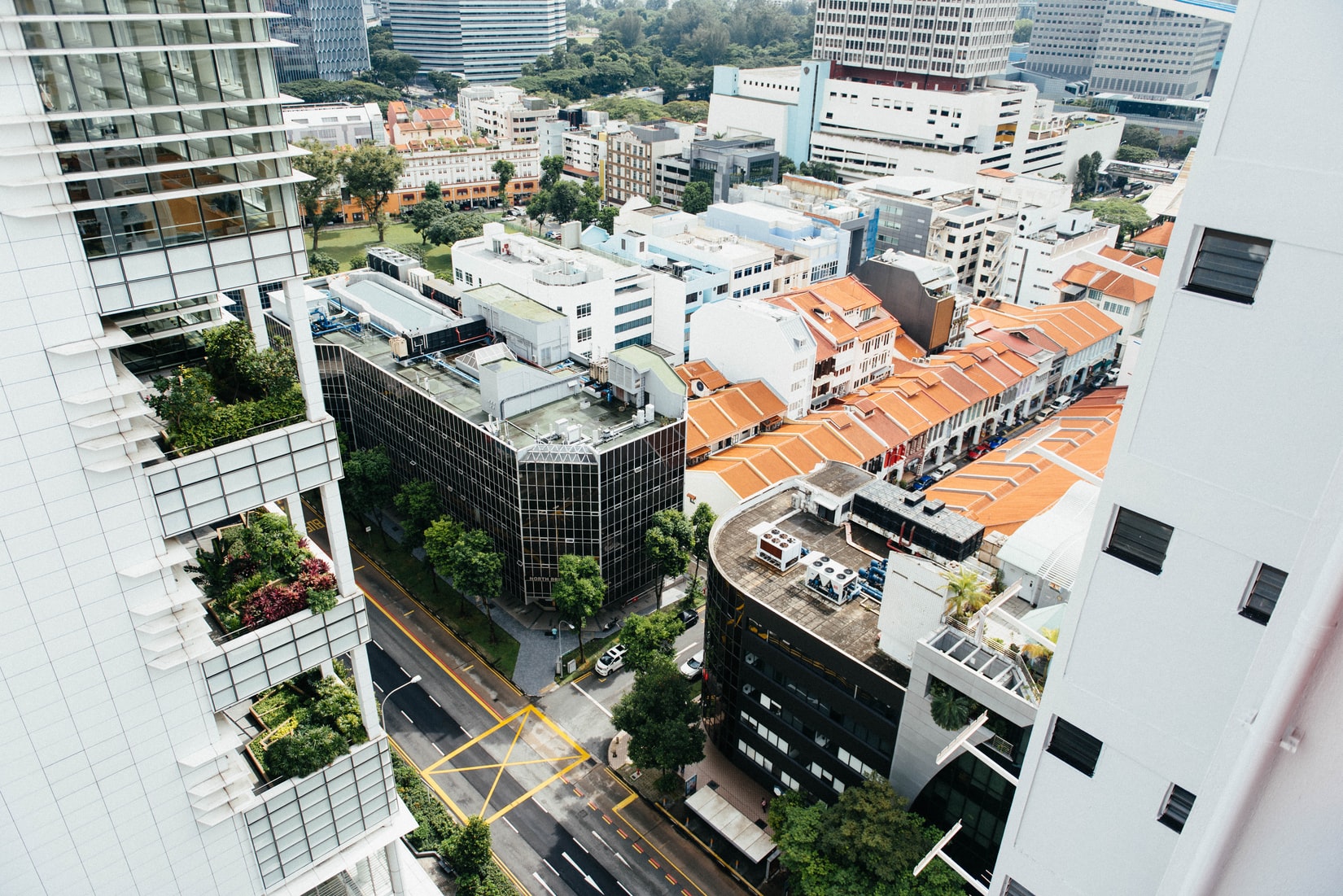
Gestimat makes it possible to perform comparative analyses of greenhouse gas (GHG) emissions due to the manufacture of materials (from cradle to factory door) for various building structure scenarios. The CIRAIG helped in calculating inventory data for the Gestimat project by Cecobois.

The LCA2 initiative is a collaboration between the NRC and other federal government departments, academia, non-government organizations, industry partners, and low-carbon asset experts from across Canada.

The first phase of a collaborative research project on the potential of circular economy on GHG emission reductions from Quebec industrial emitters.
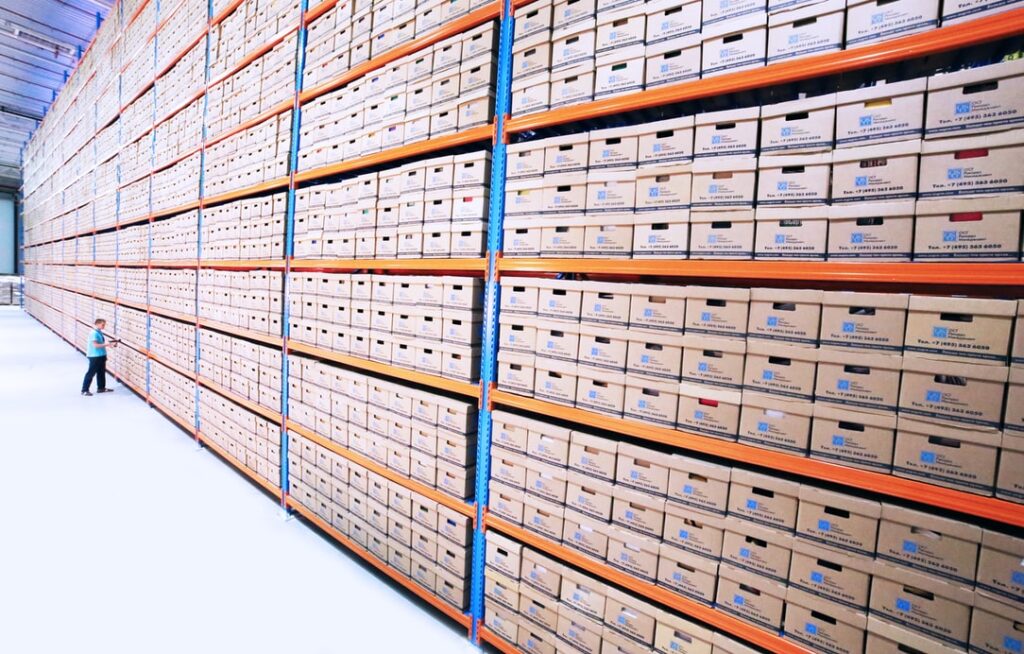
This study evaluates the carbon footprint associated with the procurements under the authority of PSPC-Quebec Region (PSPC-QC), in order to identify those that have the largest impact and on which it would be a priority to act.

A group project on the assessment of use and depletion of water resources within LCA
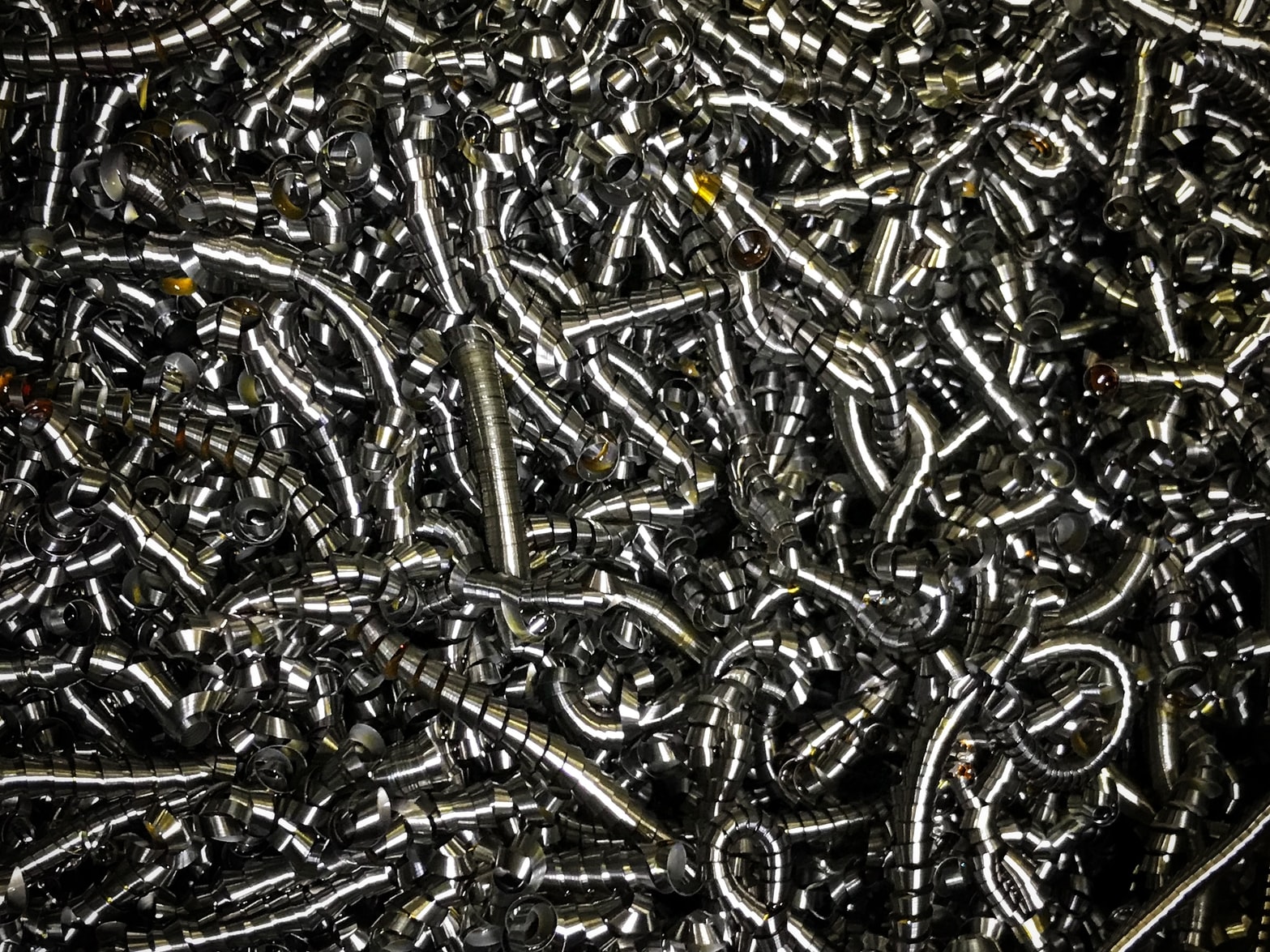
The EDDEC Institute, which brings together the expertise of researchers from Polytechnique Montréal, HEC Montréal and the Université de Montréal working on the transition to a circular economy, has carried out a research project to evaluate the circularity potential of three strategic metals for Québec: copper, lithium and iron. This project also made it possible to determine the main environmental impacts of these metals along the value chain. The final report summarizes this work, the detailed results of which are presented in the progress reports below.

Different dishware options for Polytechnique’s cafeteria areas, including several analyses of waste management methods
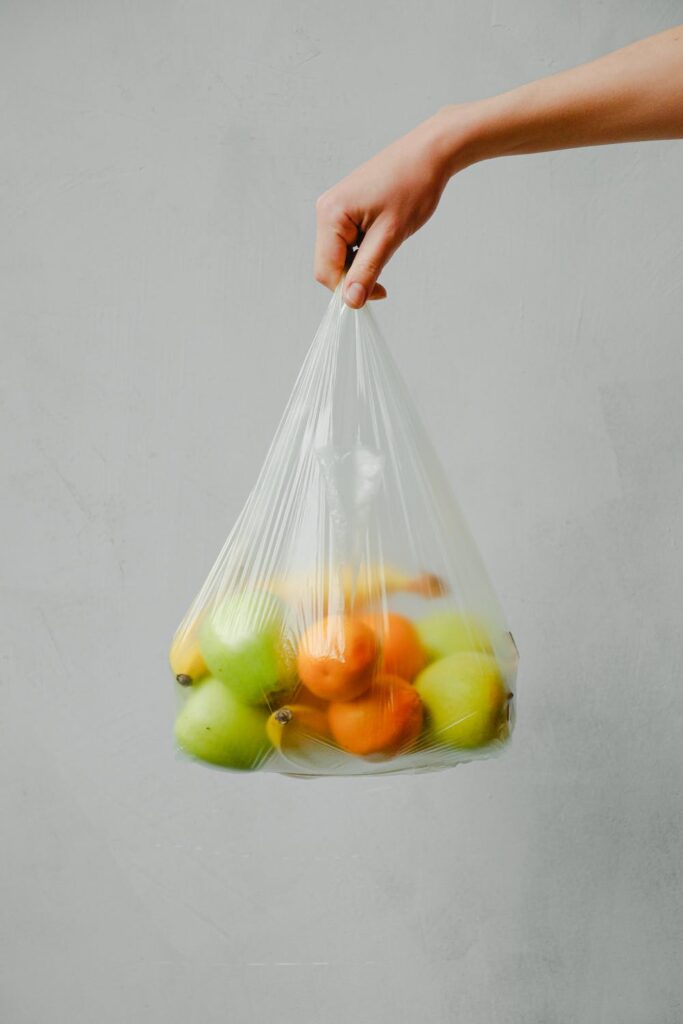
RECYC-QUÉBEC mandated the CIRAIG to evaluate the potential environmental impacts and costs of grocery bags in Quebec, using life cycle assessment (LCA).
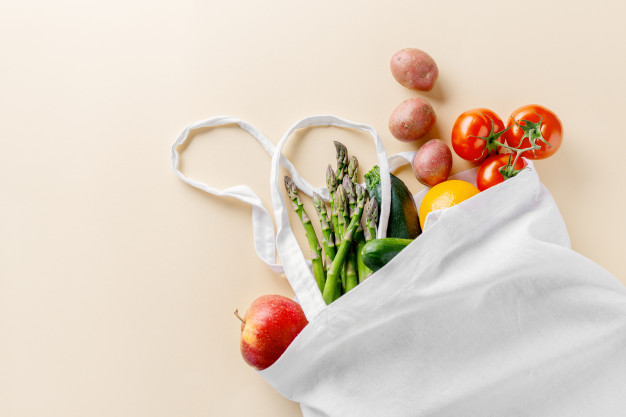
As part of the public consultation on the issues and impacts of a ban on single-use shopping bags in retail businesses on the territory of the City of Montréal, the CIRAIG produced a brief to provide its thoughts on the life cycle of shopping bags. These thoughts are both environmental and socio-economic in nature, with the inclusion of social life cycle analysis concepts, and may serve to fuel the debate within the City of Montréal. Since knowledge on the subject is limited, this document provides the avenues of study needed to fully understand the potential impacts of implementing a policy to reduce the use of single-use bags in the Montréal context.

This white paper is intended as a strategic and critical guide to understanding the concepts underlying the circular economy.
Privacy Policy | Cookie Policy | Manage consent
© CIRAIG 2022 – 3333 ch. Queen Mary, Montreal, QC